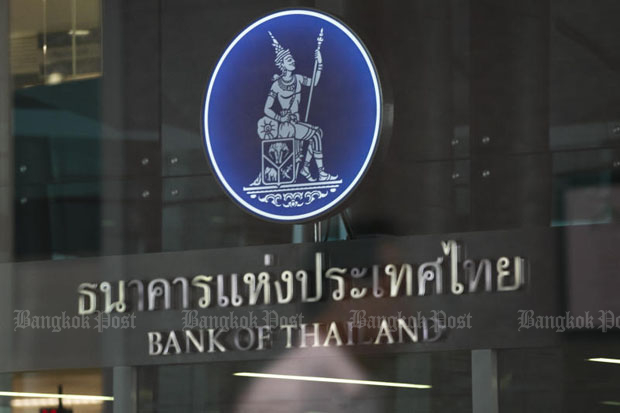Thailand: BoT credits measures as hot-money inflows ease
Measures recently launched by the Bank of Thailand to stem speculative capital inflows have reduced hot money in the system, says a senior central bank official.
After the central bank applied the measures to curb such inflows in July, foreign investors allocated their portfolio assets more cautiously for fear that policymakers would impose additional measures, said Vachira Arromdee, the assistant governor for financial market operations.
“Foreign investors have become more prudent in their investment in Thai markets because the central bank has sent a clear signal to curb hot-money inflows,” she said.
“Some of them cancelled short-term investment in the Thai bond market.”
The central bank started to rein in short-term offshore fund inflows by reducing its new short-term bond supply.
It then stepped up efforts by lowering the cap on the outstanding balance of non-resident accounts from 300 million baht per person to 200 million baht and requiring a report with the names of end beneficiaries for all non-resident holdings of Thai debt securities.
The baht is the top-performing currency in Asia, up 5-6% against the US dollar in the year to date.
The local currency was trading at 30.60 to the greenback on Tuesday, a bit stronger than the 30.58 quoted on July 1, when the central bank’s first measure took effect.
Ms Vachira said the central bank stands ready to take additional measures to deal with the firmer baht in an appropriate manner.
The bank’s requirement for the names of end beneficiaries is meant to clarify the objectives of overseas investors, she said, and they are used in other countries to help reduce speculative behaviour.
Don Nakornthab, senior director of the economic and policy department at the central bank, said recently the Bank of Thailand was considering a further relaxation of conditions related to individual investment abroad to promote capital outflows as a means to weaken the baht.
Thailand’s current account surplus is a key factor attracting foreign fund inflows and strengthening the local currency.
And while the current account surplus is expected to gradually narrow, the decline will be minimal because the larger service account surplus from the tourism sector will partly offset the lower trade surplus, Mr Don said.
If that happens, the baht will continue to strengthen against the dollar unless the greenback reverses the depreciation trend.
Source: https://www.bangkokpost.com/business/1738051/bot-credits-measures-as-hot-money-inflows-ease


 English
English




